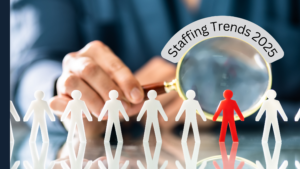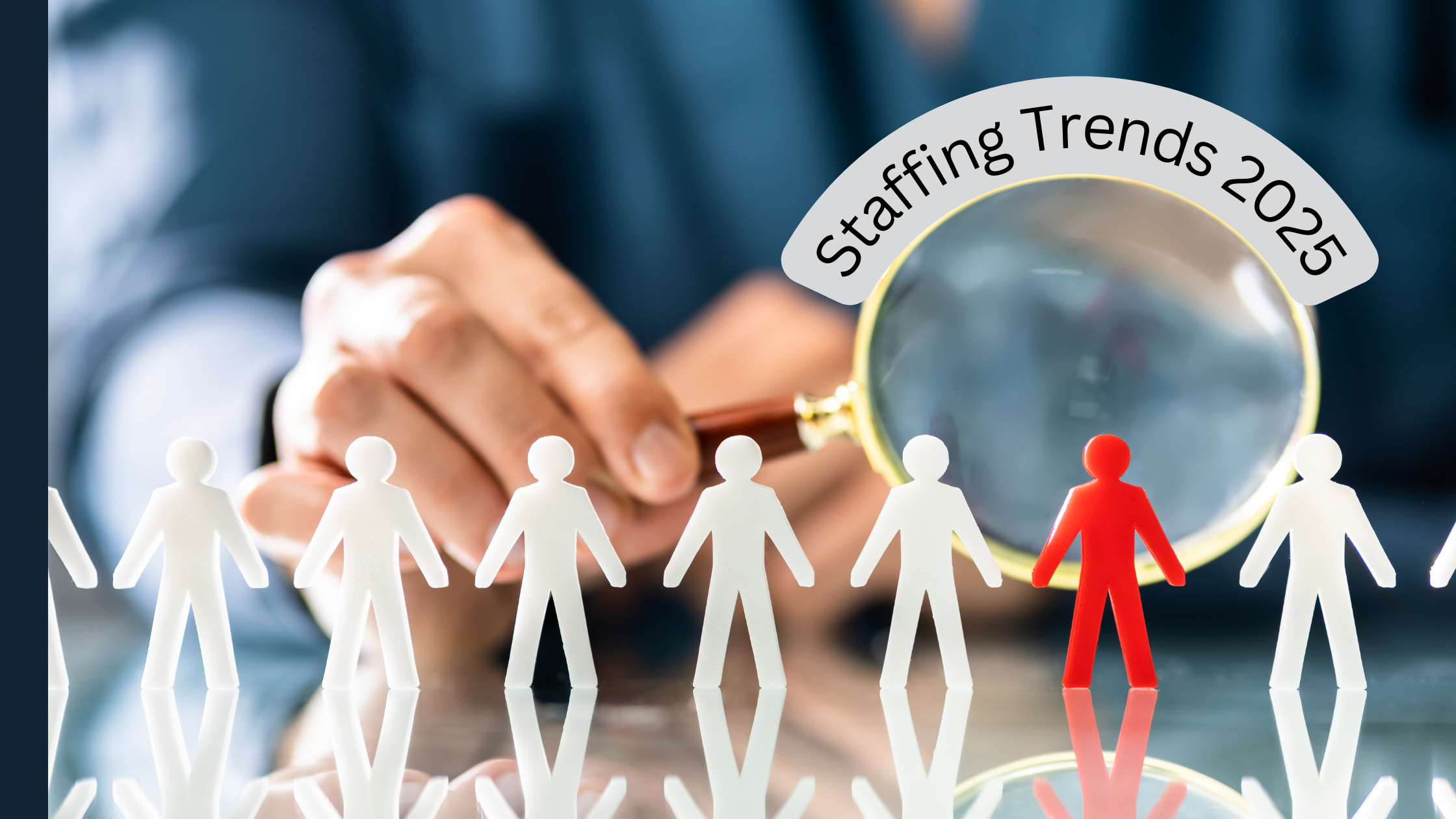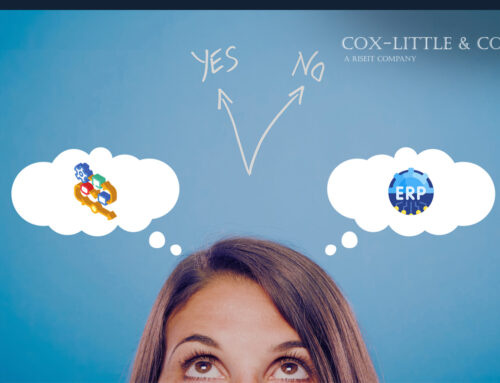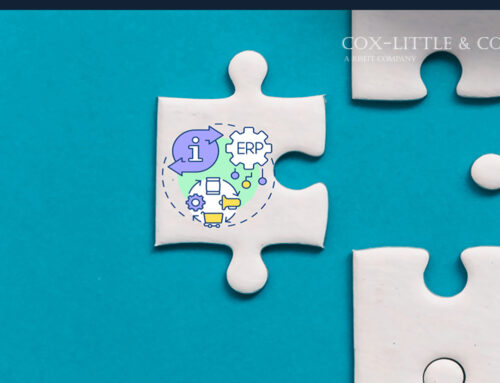
The way businesses hire and manage talent is changing faster than ever. With 2025 approaching, organizations are asking a critical question: What staffing strategies will define success in the coming year? Recruitment today is about much more than just filling roles. It involves creating systems that attract, engage, and retain top talent while addressing the unique challenges of a modern workforce.
These challenges include adapting to fast-evolving technologies, meeting the growing demand for flexibility, and building inclusive workplaces. At the same time, key trends like skills-based hiring, employee well-being, and the use of data-driven tools are creating new opportunities. These trends are not just predictions but actionable insights that can help businesses overcome obstacles and strengthen their teams.
So, let’s explore the important changes ahead and see how businesses can prepare to make the most of these staffing trends in 2025.
Trend 1: Remote Work and Flexibility
Imagine being able to work where you’re most productive. For millions of employees, that is no longer a dream but an expectation. Remote and hybrid work models have become the standard, with 70% of employees stating they prefer flexible work arrangements, according to McKinsey.
For businesses, this flexibility is a double-edged sword. It opens access to global talent but requires a rethinking of team collaboration and management. Companies like Spotify have embraced flexibility with their “Work From Anywhere” policy, proving that adaptable work environments can boost productivity.
To succeed in 2025, businesses need to refine their approach to managing remote teams. Tools like Slack and Microsoft Teams can foster communication, while virtual onboarding programs ensure new hires feel connected.
Trend 2: Hiring for Skills, Not Resumes
Would you hire someone based on what they can do rather than where they studied? That’s the question driving skills-based hiring. In a world where technologies evolve quickly, businesses are prioritizing adaptability over traditional qualifications.
For example, Forbes reports that 65% of hiring managers now focus on skills rather than degrees. This trend also empowers candidates who may lack formal education but bring hands-on expertise to the table.
In 2025, skills-based hiring will become the norm. Businesses that adopt this approach will benefit from diverse talent pools and employees equipped to meet dynamic workplace needs. Could your organization benefit from shifting its focus to real-world capabilities? Let us know in the comments.
Trend 3: Soft Skills as the New Differentiator
Think about the last time you worked on a project with a team. What mattered more: technical expertise or the ability to communicate and collaborate? Soft skills like adaptability, emotional intelligence, and teamwork are becoming just as important as technical abilities.
As hybrid work environments grow, these traits are critical. Behavioral interviews and personality assessments are becoming essential tools for identifying candidates who bring the right balance of hard and soft skills.
Focusing on soft skills doesn’t just build better teams. It creates workplaces where employees thrive. Are your hiring practices evolving to prioritize these qualities?
Trend 4: Technology and Automation in Recruitment
Have you ever felt overwhelmed by the sheer number of resumes for a single job posting? Technology is here to help. By 2025, 75% of HR leaders plan to use AI tools for tasks like screening resumes, scheduling interviews, and predicting candidate fit. Automation is not just about saving time. It allows recruiters to focus on strategic decision-making.
Trend 5: The Gig Economy and Freelance Talent
Have you noticed more professionals choosing freelance work? By 2025, half of the U.S. workforce is expected to be freelancers. The gig economy is reshaping how businesses approach staffing.
This shift benefits companies looking for specialized skills on-demand. It also brings challenges, such as ensuring seamless collaboration between full-time employees and gig workers.
To stay competitive, businesses must build strong relationships with gig workers, offering fair compensation and clear expectations. Have you considered how freelancers could enhance your team’s agility and innovation?
Trend 6: Employee Well-Being as a Strategic Priority
How often do you hear about employees leaving companies because they feel burned out? Mental health and well-being are no longer optional—they are essential for attracting and retaining top talent.
A Gallup study found that 77% of employees consider workplace well-being programs crucial. Companies that invest in mental health resources, wellness programs, and flexible schedules report higher productivity and lower turnover. For example, Google provides employees with mindfulness training and on-site counseling. In 2025, organizations that prioritize well-being will stand out as employers of choice.
Trend 7: The Growing Emphasis on Diversity and Inclusion
Diversity is more than a buzzword. It is a proven driver of innovation and business success. Research shows that companies with diverse teams outperform their peers by 35% in profitability.
In 2025, inclusive hiring will focus on removing biases from job descriptions, ensuring diverse interview panels, and fostering equitable workplaces. Creating a truly inclusive workplace requires more than policies. It involves building a culture where everyone feels valued.
Moving Forward
Staffing in 2025 will require a mix of adaptability, innovation, and empathy. From leveraging technology to prioritizing employee well-being, businesses that evolve their recruitment strategies will gain a competitive edge in the job market.
At Cox-Little, we specialize in IT staffing solutions that align with these emerging trends. Whether you need to navigate the shift to remote work, adopt skills-based hiring, or integrate freelance talent, our expertise can help you build a resilient workforce. With a focus on delivering qualified professionals and fostering strong partnerships, we are here to help you future-proof your recruitment strategy.
Is your organization ready for these changes? Whether it’s rethinking your hiring practices or tapping into a diverse talent pool, the time to act is now. Connect with Cox-Little to discover how we can transform your approach to staffing and help you thrive in 2025 and beyond.






